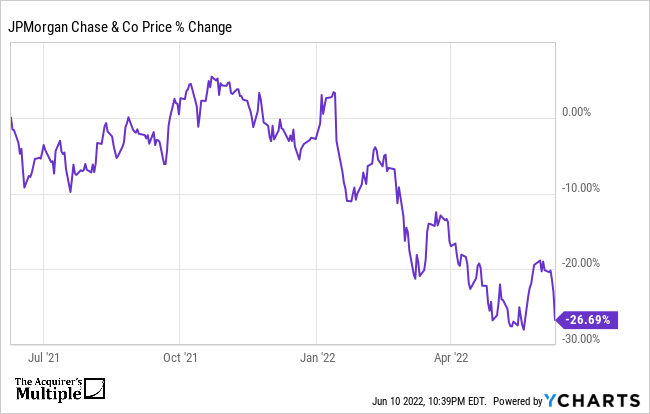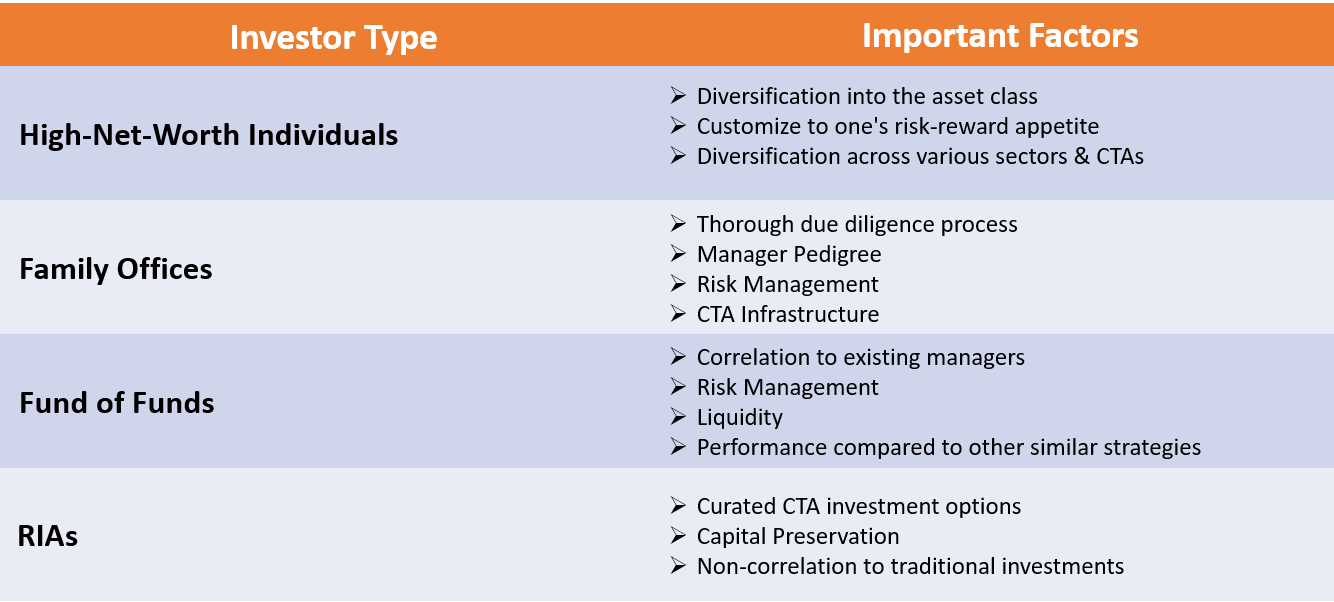
The stock market can be a great way for you to increase your wealth. But before you begin investing, you should first be familiar with the basics of the stock markets. Stock market allows investors to trade stocks and is part of a worldwide network of exchanges. This allows investors to place bets on the future success of a company.
There are two main types of stocks. The stock is a part of a company's ownership. The bond, a financial instrument, is the other type. These securities can be sold by a brokerage firm.
The stock market allows investors to trade stocks on a ring structure. Stocks can be traded on multiple exchanges, including the New York Stock Exchange (NYSE) and Nasdaq. Investors can also trade stocks online, with some exceptions being those managed by licensed brokerage firms. The stock market is also available through mobile applications.

Stocks can be purchased at a very low price by investors. Stocks can be traded by selling and buying at different times of the day. A reverse merger is a combination of a public and private company that results in stock purchases. This type of merger is often used to help large private firms go public without having to undergo an initial public offering.
Investors also have the opportunity to receive dividends. This is a payment made by companies. Dividends will be calculated based upon the company's earnings. Generally, dividends can add value to a stock.
Private firms can also make use of stock to raise funds. Instead of raising money from family or friends, these companies can raise money through the stock exchange. Stock market bonds are also an option to help companies raise capital. They are very similar in function to stock.
Investors can also purchase shares of a company's stock through an initial public offering, or IPO. An investment bank usually conducts this type of event. Stocks issued in an IPO are typically considered the first wave. The IPO is the best way to raise capital.

Investors must also remember that they don't have to invest all their capital at once. A growing company is likely to see its share price go up, while a shrinking one is likely to see its stock price drop. There is no guarantee when investing. You should make sure that you have enough funds to cover any losses.
Stock market trading is more complex than it appears. There are many things to consider, including the types of stocks available, how they are traded and who is involved in the process. You also need to know how to determine a stock's market price. Stock exchanges come in different forms. Some are auction houses while others allow direct interactions between buyers & sellers.
FAQ
Why is marketable security important?
An investment company exists to generate income for investors. It does so by investing its assets across a variety of financial instruments including stocks, bonds, and securities. These securities are attractive to investors because of their unique characteristics. They are considered safe because they are backed 100% by the issuer's faith and credit, they pay dividends or interest, offer growth potential, or they have tax advantages.
What security is considered "marketable" is the most important characteristic. This refers to how easily the security can be traded on the stock exchange. You cannot buy and sell securities that aren't marketable freely. Instead, you must have them purchased through a broker who charges a commission.
Marketable securities include government and corporate bonds, preferred stocks, common stocks, convertible debentures, unit trusts, real estate investment trusts, money market funds, and exchange-traded funds.
Investment companies invest in these securities because they believe they will generate higher profits than if they invested in more risky securities like equities (shares).
What is security in a stock?
Security refers to an investment instrument whose price is dependent on another company. It can be issued as a share, bond, or other investment instrument. The issuer promises to pay dividends to shareholders, repay debt obligations to creditors, or return capital to investors if the underlying asset declines in value.
What are some of the benefits of investing with a mutual-fund?
-
Low cost - purchasing shares directly from the company is expensive. It's cheaper to purchase shares through a mutual trust.
-
Diversification - most mutual funds contain a variety of different securities. One type of security will lose value while others will increase in value.
-
Management by professionals - professional managers ensure that the fund is only investing in securities that meet its objectives.
-
Liquidity- Mutual funds give you instant access to cash. You can withdraw your money whenever you want.
-
Tax efficiency - mutual funds are tax efficient. As a result, you don't have to worry about capital gains or losses until you sell your shares.
-
Purchase and sale of shares come with no transaction charges or commissions.
-
Mutual funds are simple to use. All you need is money and a bank card.
-
Flexibility - You can modify your holdings as many times as you wish without paying additional fees.
-
Access to information – You can access the fund's activities and monitor its performance.
-
You can ask questions of the fund manager and receive investment advice.
-
Security - You know exactly what type of security you have.
-
Control - You can have full control over the investment decisions made by the fund.
-
Portfolio tracking – You can track the performance and evolution of your portfolio over time.
-
Easy withdrawal - You can withdraw money from the fund quickly.
Disadvantages of investing through mutual funds:
-
Limited choice - not every possible investment opportunity is available in a mutual fund.
-
High expense ratio. The expenses associated with owning mutual fund shares include brokerage fees, administrative costs, and operating charges. These expenses will reduce your returns.
-
Lack of liquidity - many mutual fund do not accept deposits. They can only be bought with cash. This restricts the amount you can invest.
-
Poor customer support - customers cannot complain to a single person about issues with mutual funds. Instead, you must deal with the fund's salespeople, brokers, and administrators.
-
High risk - You could lose everything if the fund fails.
How can people lose money in the stock market?
The stock market isn't a place where you can make money by selling high and buying low. It is a place where you can make money by selling high and buying low.
The stock market is for those who are willing to take chances. They want to buy stocks at prices they think are too low and sell them when they think they are too high.
They are hoping to benefit from the market's downs and ups. But if they don't watch out, they could lose all their money.
What is the difference of a broker versus a financial adviser?
Brokers are specialists in the sale and purchase of stocks and other securities for individuals and companies. They handle all paperwork.
Financial advisors are experts in the field of personal finances. They use their expertise to help clients plan for retirement, prepare for emergencies, and achieve financial goals.
Banks, insurers and other institutions can employ financial advisors. They can also be independent, working as fee-only professionals.
It is a good idea to take courses in marketing, accounting and finance if your goal is to make a career out of the financial services industry. It is also important to understand the various types of investments that are available.
Statistics
- Individuals with very limited financial experience are either terrified by horror stories of average investors losing 50% of their portfolio value or are beguiled by "hot tips" that bear the promise of huge rewards but seldom pay off. (investopedia.com)
- Our focus on Main Street investors reflects the fact that American households own $38 trillion worth of equities, more than 59 percent of the U.S. equity market either directly or indirectly through mutual funds, retirement accounts, and other investments. (sec.gov)
- The S&P 500 has grown about 10.5% per year since its establishment in the 1920s. (investopedia.com)
- For instance, an individual or entity that owns 100,000 shares of a company with one million outstanding shares would have a 10% ownership stake. (investopedia.com)
External Links
How To
How to invest in the stock market online
You can make money by investing in stocks. There are many options for investing in stocks, such as mutual funds, exchange traded funds (ETFs), and hedge funds. The best investment strategy depends on your investment goals, risk tolerance, personal investment style, overall market knowledge, and financial goals.
To be successful in the stock markets, you have to first understand how it works. This includes understanding the different investment options, their risks and the potential benefits. Once you are clear about what you want, you can then start to determine which type of investment is best for you.
There are three major types of investments: fixed income, equity, and alternative. Equity refers a company's ownership shares. Fixed income is debt instruments like bonds or treasury bills. Alternatives include commodities and currencies, real property, private equity and venture capital. Each category has its own pros and cons, so it's up to you to decide which one is right for you.
There are two main strategies that you can use once you have decided what type of investment you want. One strategy is "buy & hold". You purchase some of the security, but you don’t sell it until you die. Diversification is the second strategy. It involves purchasing securities from multiple classes. If you purchased 10% of Apple or Microsoft, and General Motors respectively, you could diversify your portfolio into three different industries. Multiplying your investments will give you more exposure to many sectors of the economy. Because you own another asset in another sector, it helps to protect against losses in that sector.
Another key factor when choosing an investment is risk management. You can control the volatility of your portfolio through risk management. You could choose a low risk fund if you're willing to take on only 1% of the risk. However, if a 5% risk is acceptable, you might choose a higher-risk option.
Learn how to manage money to be a successful investor. Managing your money means having a plan for where you want to go financially in the future. A good plan should include your short-term, medium and long-term goals. Retirement planning is also included. Sticking to your plan is key! Do not let market fluctuations distract you. Stay true to your plan, and your wealth will grow.